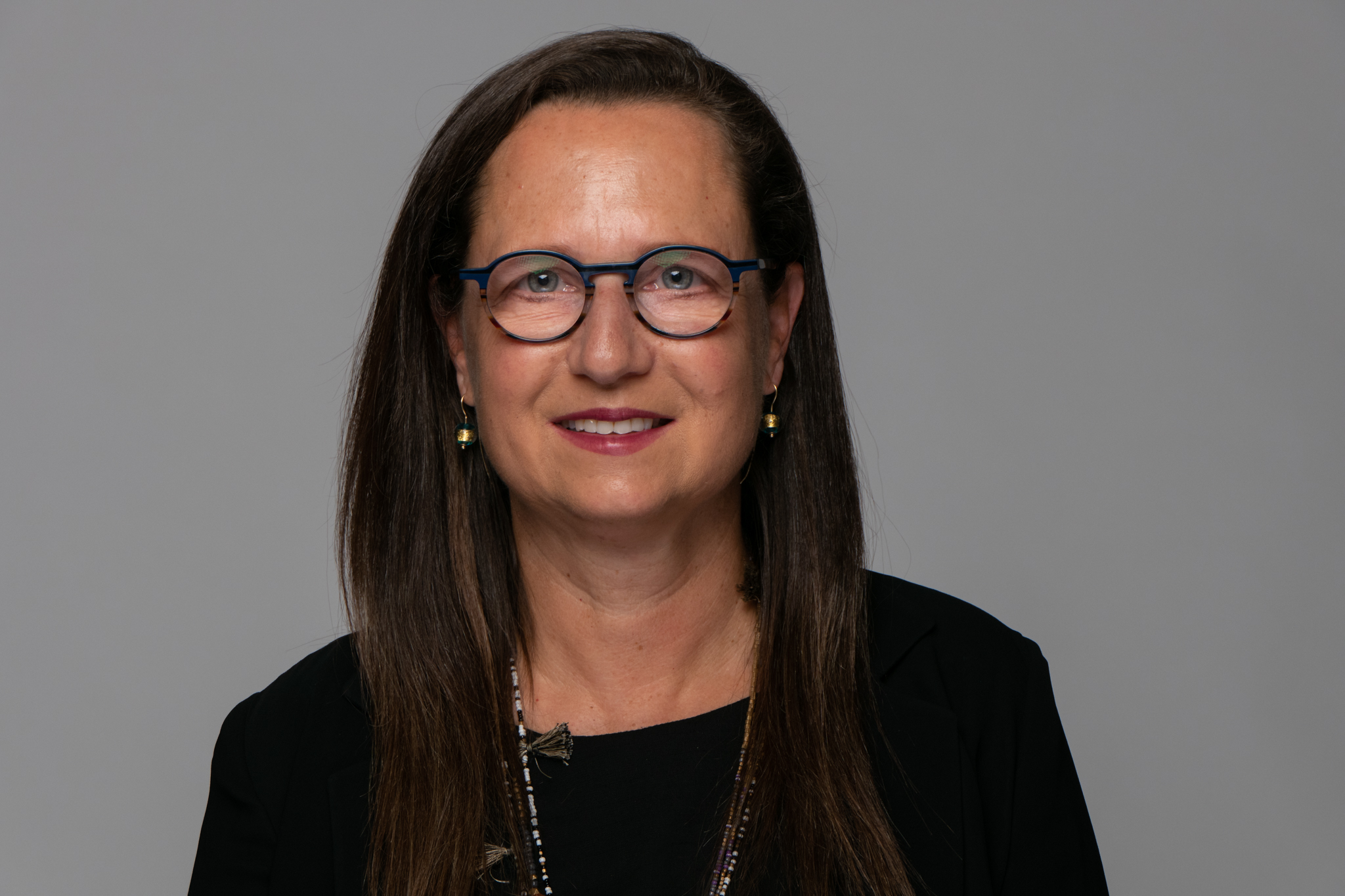What is psychological detachment?
Psychological detachment allows us to disengage from work-related thoughts and activities during non-work hours. It’s crucial for recovery as it replenishes our cognitive and emotional resources. Without adequate psychological detachment, employees experience work-related stress during their time off, at home, and on vacation, which can lead to exhaustion and burnout. Here are three ways to promote it.
1. Respect boundaries
Be mindful of the boundaries between employees’ work and personal life.
Avoid unnecessary communication after work hours and ensure that employees are not expected to complete tasks during their time off. This reinforces the message that recovery matters and should be prioritized.
2. Show empathy for recovery needs
Watch out for signs of overwork or stress in employees and offer support through active listening and understanding.
Create a supportive environment where your teams feel comfortable discussing their recovery needs and taking the necessary steps to detach from work.
3. Role-model recovery behaviors
Role-model the behaviors you want to see by practicing healthy recovery actions yourself.
Take regular breaks, disconnect after work, and engage in leisure activities. These behaviors demonstrate that recovery is encouraged, valued within the organization, and essential for long-term success.







